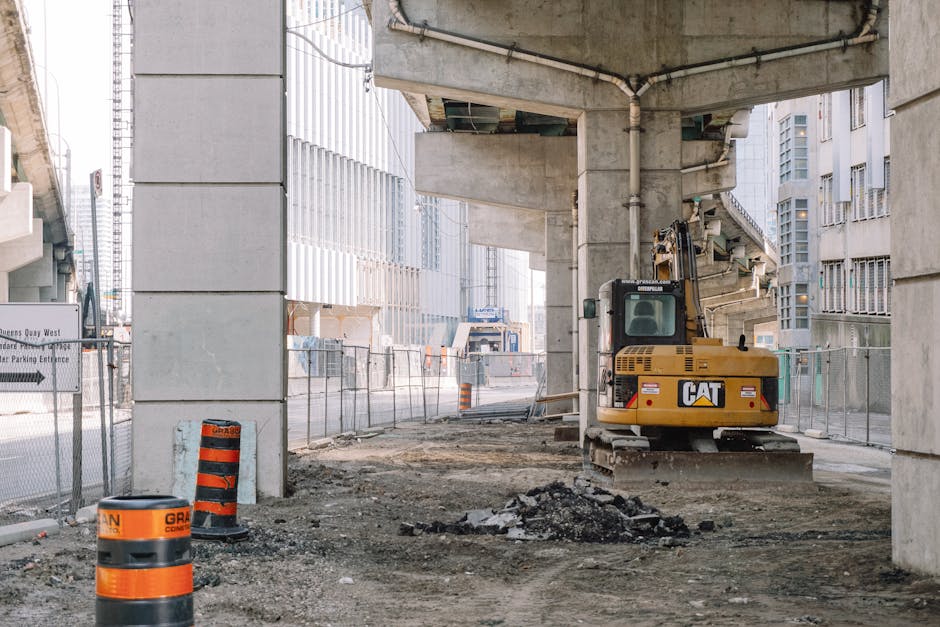5 Tips to Prevent Sewer Line Damage in Your Home

A damaged sewer line is a homeowner’s nightmare, leading to costly and inconvenient sewer line replacement. Steer clear with these proactive tips.
1. Proper Disposal of Grease and Oils
One common culprit behind sewer line troubles is the improper disposal of grease and oils. When washed down the sink, these substances solidify within the pipelines, causing blockages that can escalate to severe damage. Instead of pouring them down the drain, opt to cool and scrape these materials into a container to be disposed of in the trash. This simple change in kitchen habits can significantly reduce the risk of blockages and the subsequent need for sewer line replacement.
2. Avoid Planting Trees Near Sewer Lines
The beauty of lush landscaping can quickly turn into a plumbing disaster if trees are planted too close to sewer lines. Tree roots, seeking water, often invade and damage pipelines, leading to leaks or blockages. To prevent this, research the root growth of prospective plants and trees and plan your landscaping accordingly, ensuring a safe distance from your home’s sewer lines. This foresight can save you from the unexpected and costly detour of repairing sewer line damage.
In case you’re unsure about the location of your sewer lines, consider consulting with a professional before embarking on any major landscaping projects. Not only will this precautionary step save your yard from potential damage, but it will also protect the integrity of your home’s sewage system.
3. Regular Inspection and Maintenance
Regular inspections and maintenance of your home’s sewer lines are keys to preventing unexpected issues. Hiring a professional to inspect your pipes can help identify potential problems before they worsen, such as minor leaks or build-ups that could lead to blockages or breaks. These preventative measures might seem like an unnecessary expense, but they are far less costly than a complete sewer line replacement.
4. Use Water Softeners Sparingly
While water softeners can be beneficial for preventing scale build-up in your plumbing, excessive use can cause harm. The salts used in softeners can accelerate the corrosion of pipes, potentially leading to leaks or breaks. To minimize this risk, use softeners judially and consider alternatives like electronic descalers, which offer a less abrasive means of controlling mineral build-up without the damaging side effects.
5. Mind What You Flush
Last but certainly not least, be mindful of what you flush down your toilets. Items such as sanitary products, paper towels, and so-called ‘flushable’ wipes can cause immediate blockages and long-term damage to sewer lines. These materials do not break down easily and can accumulate, leading to significant clogs and necessitating sewer line replacement or repair. Educating everyone in your household about what should and should not be flushed is a critical step in safeguarding your home’s plumbing health.
Adopting these practices may not guarantee you’ll never face sewer line issues, but they will significantly diminish the risks and help maintain the health and integrity of your home’s sewage system. Remember, an ounce of prevention is worth a pound of cure, especially when it comes to plumbing.
Maintaining your home’s sewer lines is not just about avoiding the inconvenience of damage; it’s about sparing yourself from the hefty costs and hassles of sewer line replacement. Embrace these tips to keep your plumbing humming smoothly.



